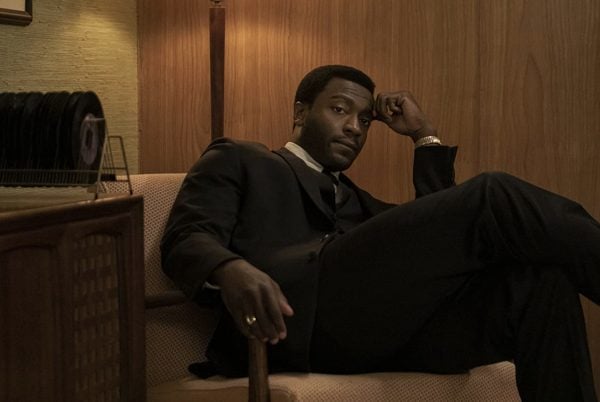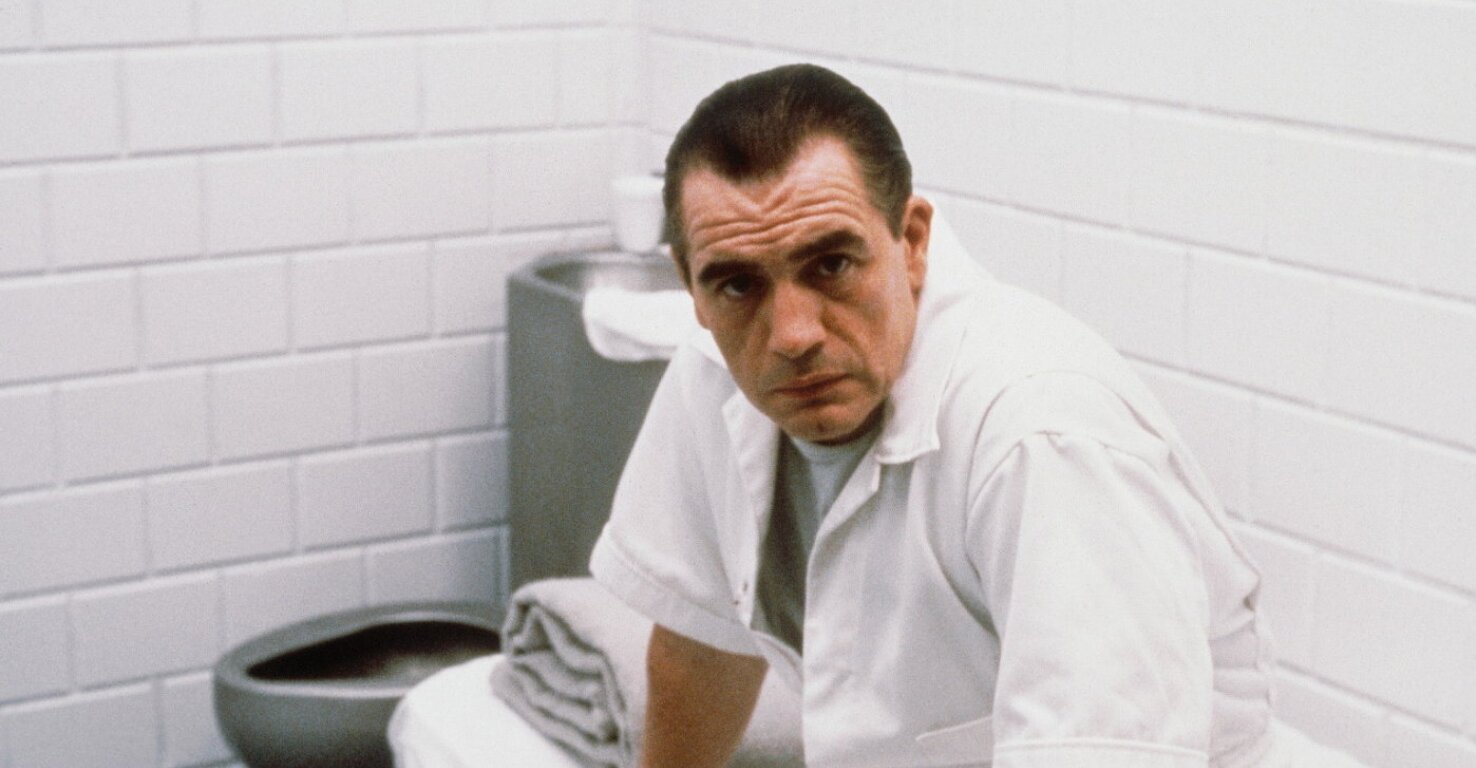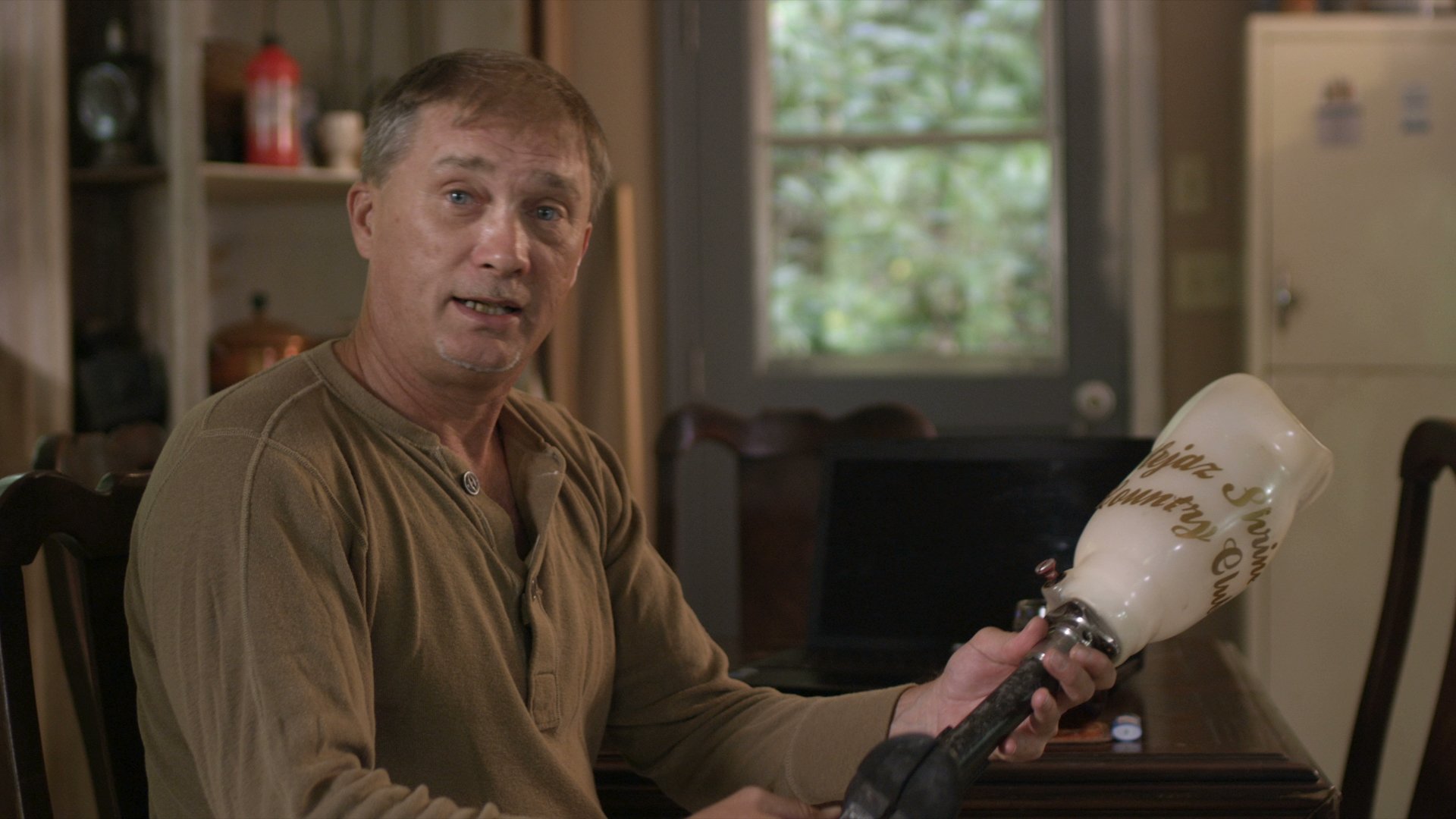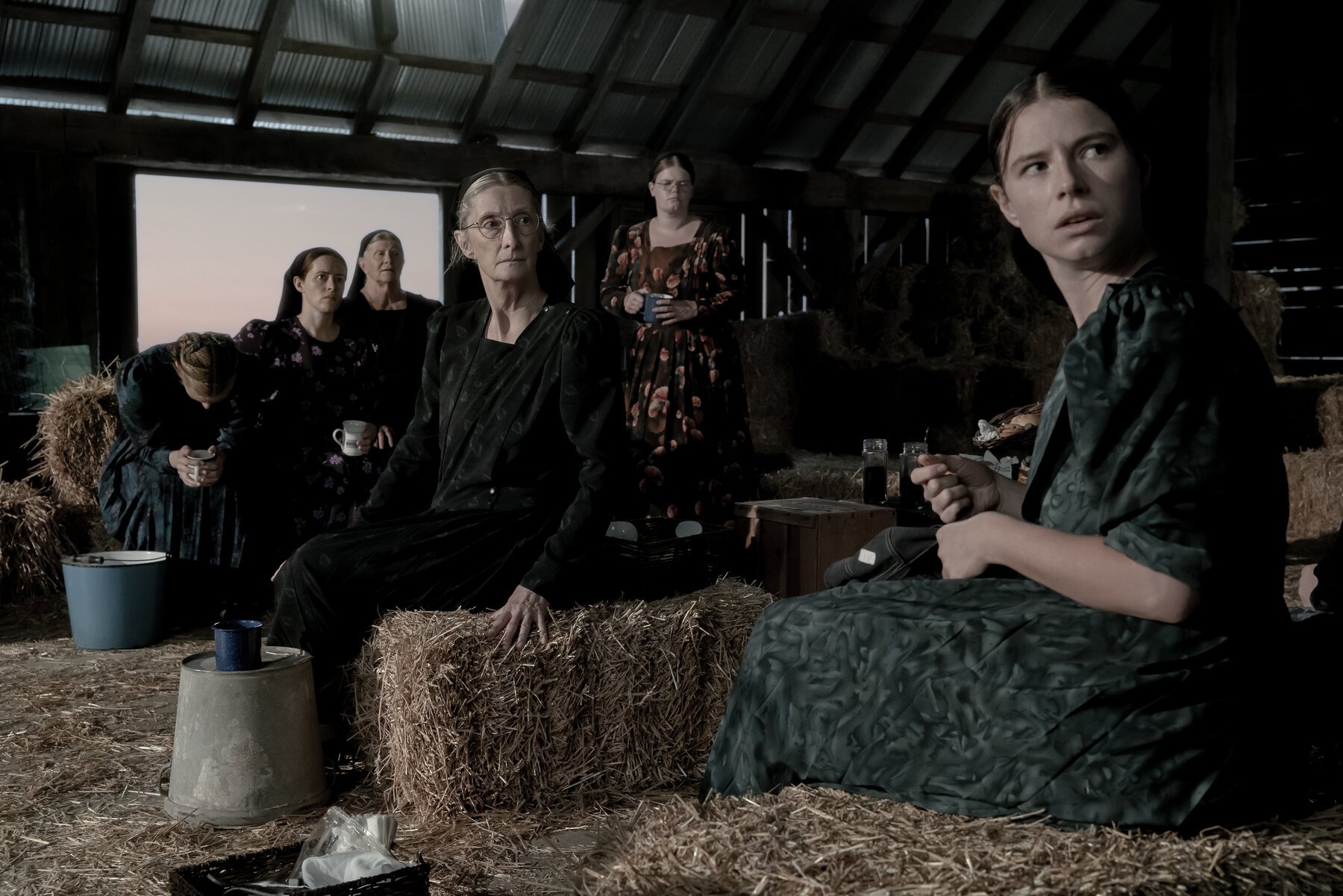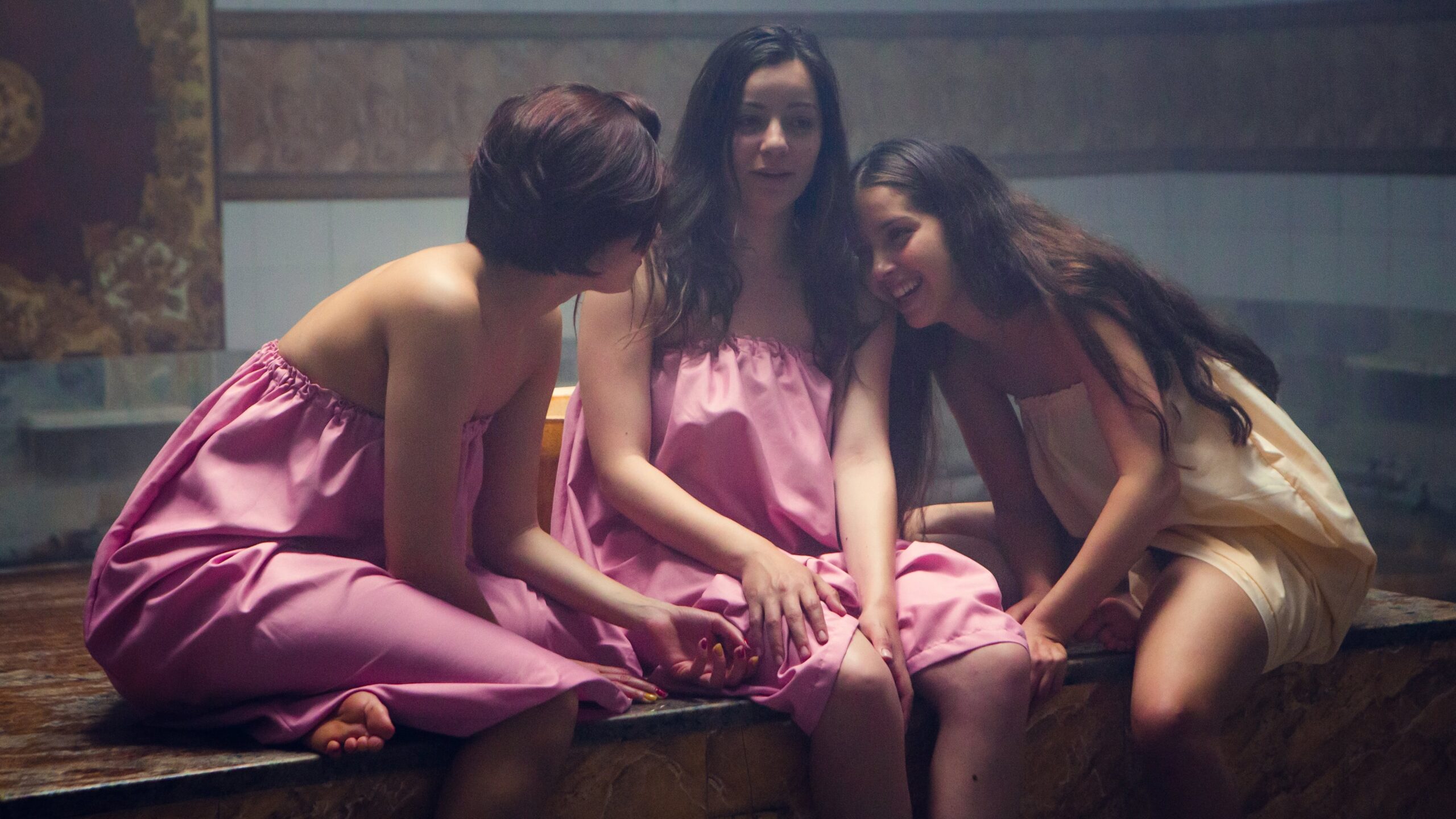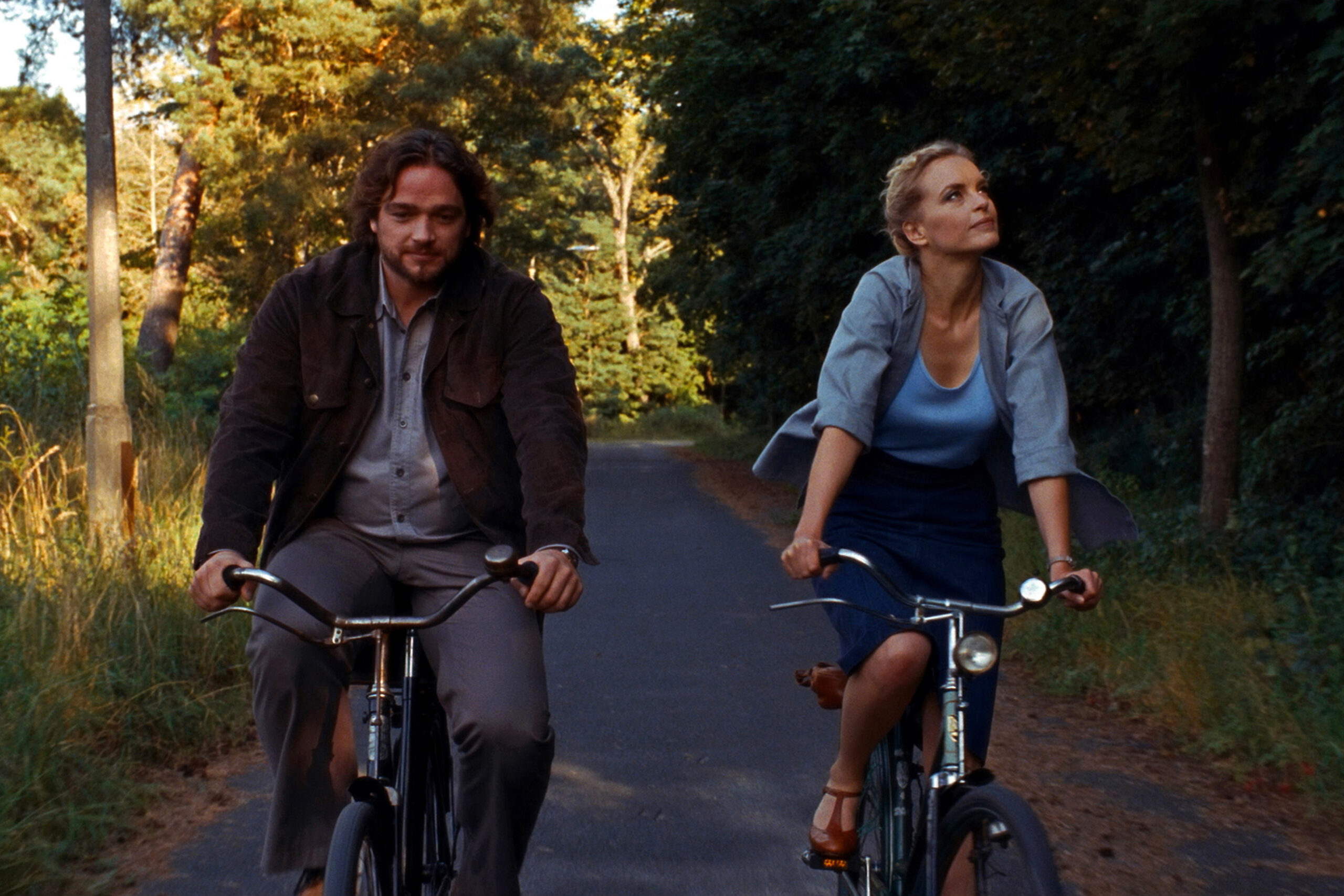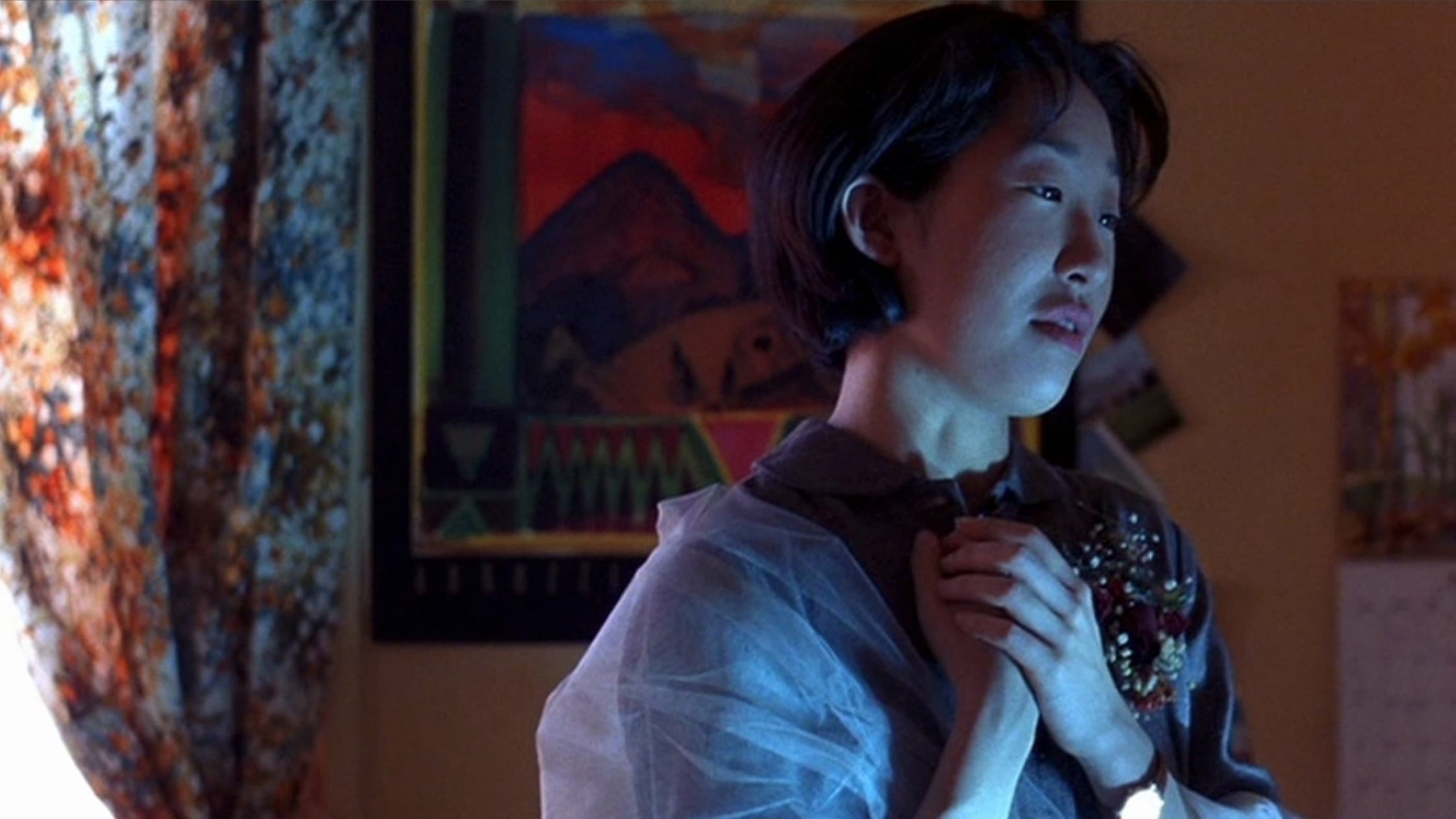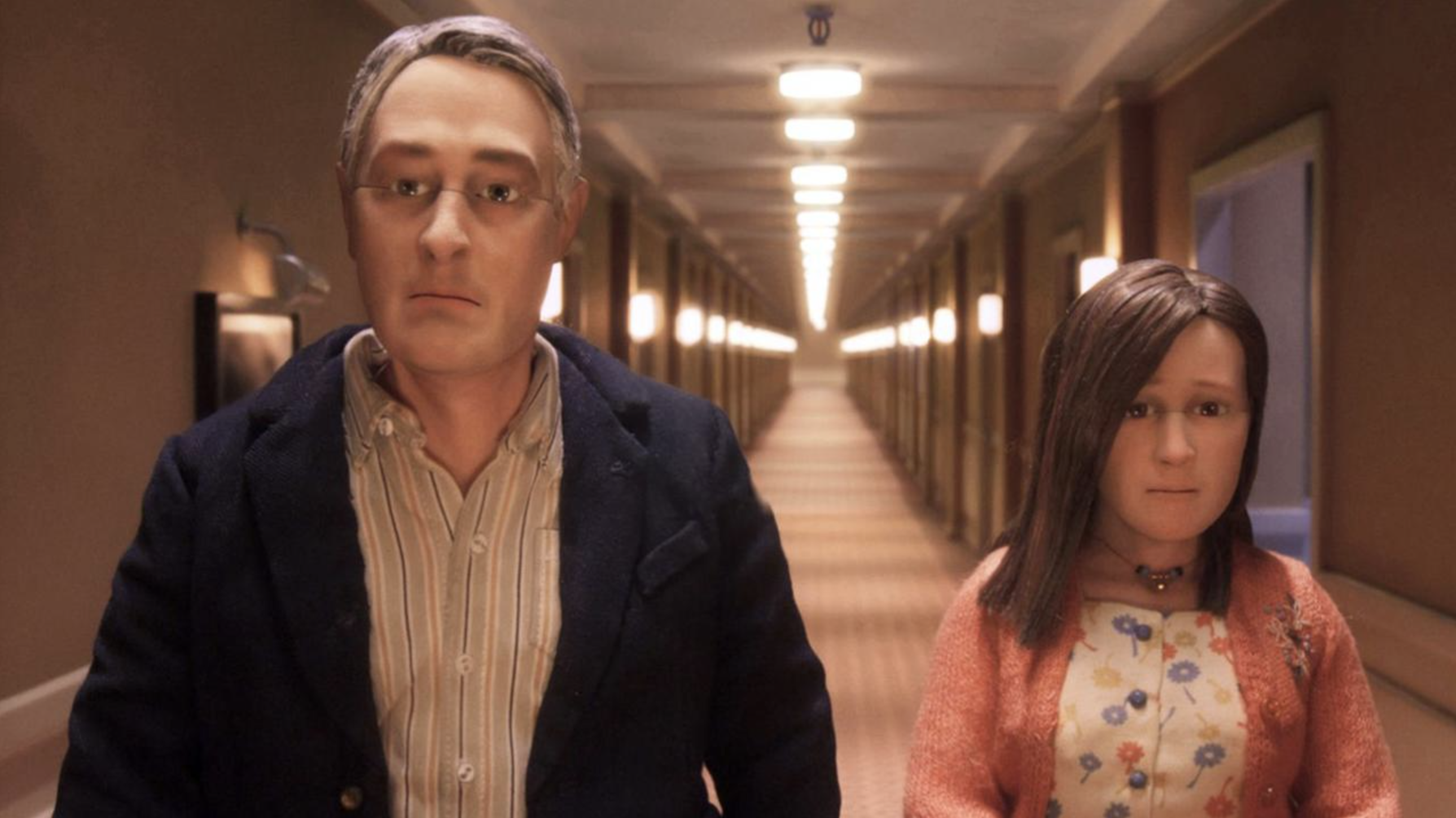
50 Best Movies That Amazon Prime Has but Netflix Doesn’t
April 21, 2025
Share:
Accumulating subscriptions doesn’t make you immune to not knowing to watch, it might even make it more frustrating when you don’t find where to watch that great movie you’ve heard about. To get away from all that, you can cross match our Netflix, Amazon Prime, or Hulu databases — and to make things easier we will be running a series of lists with the best movies on each that the other ones don’t have.
Our purpose at agoodmovietowatch is to reference movies you haven’t yet seen, that you can watch immediately and love. To do this, we only recommend movies that have received a high rating on IMDb combined with a high score on Rotten Tomatoes. This means that these movies have been appreciated by both critics and viewers, so you can trust that they’re awesome. We also only suggest movies that didn’t make a huge splash at the box office or which didn’t get the attention they deserved, so there is little chance you have already seen them. Below we count down our best movie suggestions available on Prime US but not on Netflix (US).
Read also:
41. One Night in Miami (2020)
Genres
Director
Actors
Moods
This stagelike historical drama is about a meeting between Malcolm X, Jim Brown, Sam Cooke, and Muhammad Ali, the night Ali became world champion and announced he became Muslim.
And here is the thing: Malcolm X and Muhammed Ali have been portrayed many times in film, but never with this much nuance. Their relationship with each other is often frictional and their relationship to their faith is recognizable: they’re not always sure about it, and they take breaks.
Ali smuggles alcohol without Malcolm knowing, Malcolm is accused of being obsessed with celebrity (and later of colorism), Jim Brown is insecure about being an actor, and Sam Cooke wishes he wrote a Bob Dylan song.
42. Bad Lieutenant (1992)
Genres
Director
Actors
Moods
Bad Lieutenant is no misnomer: Harvey Keitel’s policeman really is one of NYPD’s worst. Already corrupt, abrasive, and abusive at the film’s outset, the movie chronicles his coked-out descent into total depravity after he’s called to investigate a heinous crime amid rapidly worsening personal circumstances. The brilliance of Bad Lieutenant is therefore a counterintuitive one: as awful as the Lieutenant is, we can’t help but feel emotionally involved because, in Keitel’s bravura performance, we can see the glint of pain — and thus of a person — within.
Always one for provocation, director Abel Ferrara pushes our empathy to — and maybe even beyond — its natural limits, only to break with the film’s hitherto unrelenting grit and dangle the glinting possibility of transcendent redemption in front of us. Anyone familiar with Catholic guilt cinema (movies like Martin Scorsese’s Who’s That Knocking At My Door and Mean Streets) will instantly recognize the same undercurrent running through Bad Lieutenant — even if Ferrara takes the idea of juxtaposing the profane with the sacred to the extreme here.
43. Manhunter (1986)
Genres
Director
Actors
Moods
Before The Silence of the Lambs and Anthony Hopkins’ Hannibal, there was Manhunter and Brian Cox’s deeply unnerving Dr. Lecktor. Michael Mann’s neon-lit serial-killer thriller follows Will Graham (William Petersen), a retired FBI agent lured back to work by a psychotic mass murderer whom no one at the Bureau can catch. But Will has something no one else on the force does: he was so committed to tracking down the now-imprisoned Lecktor that he developed an ability to warp his mind into that of a deranged killer, seeing a kind of logic in their madness that allows him to hunt them down.
While that’s a professional superpower of sorts, it’s also a point of insecurity and a source of deep torture for Will, who struggles with the burden of his extraordinary empathy. Manhunter is thus a different kind of psychological thriller: while its dive into the depraved minds of Lecktor and the Tooth Fairy is certainly disturbing, it’s the obsessive, sanity-smashing effect the investigation has on Will that is most terrifying. Add to that Dante Spinotti’s impossibly vivid cinematography, Tom Noonan’s shudder-inducing performance as the voyeuristic Tooth Fairy, and the film’s surprisingly layered treatment of the murderer, and this is the serial-killer movie to end all others.
44. Finders Keepers (2015)
Genres
Director
Actors
Moods
A wacky viral story — the kind that gets played for laughs at the end of news broadcasts — gets uncommonly deep consideration in this documentary gem. That’s not to say that Finders Keepers ignores the surreal comedy of the situation that John Wood and Shannon Whisnant, two star-crossed North Carolina men, found themselves in in 2007: battling over the custody rights of John’s mummified amputated leg. The humor in this bizarre tale and all the myriad eccentricities of its real-life characters is never left untapped, but to simply focus on that would add nothing new to the way the story had been told thus far.
Unlike the many clips from news segments and reality TV that we see in the film, Finders Keepers instead looks beyond the low-hanging fruit and finds deep pathos simmering under the surface of this wacky tale. What emerges is a complex, often tragic, and very American picture of the way traumas shape our lives, the addictive pull of drugs and attention, and fate’s habit of twisting nightmares into blessings and vice versa. It’s the kind of film that makes you wonder how many other unexpectedly poignant stories have been short-changed by our impulse to be flippant.
45. Women Talking (2022)
Genres
Director
Actors
Moods
Not much happens in Women Talking, but what it lacks in action it more than makes up for in message. As the wronged women of an insular Christian colony decide whether they should leave or stay in their community, valuable points on each side are raised and debated fiercely. Are the men at fault or is there a bigger problem at hand? Is it sacrilegious to refuse forgiveness? Will leaving really solve anything?
The women of this ultraconservative and anti-modern community may not know how to read or write, but years of toiling away on land, family, and faith have made them wise beyond their years, which makes their discussion all the more captivating and powerful. Relevant themes, coupled with director Sarah Polley’s poetic shots and the cast’s all-around stellar performances, make Women Talking a uniquely compelling and timeless watch.
46. Anomalisa (2016)
Genres
Director
Actors
Moods
Putting the inherent eeriness of stop motion animation to perfect use, Charlie Kaufman and Duke Johnson’s Anomalisa create a legitimately disturbing experience of a man’s paranoid delusions, as he tries desperately to make a real human connection while perceiving everyone around him as the same person. It’s that (unfortunately) rare animated film that understands that this medium can tell complex, even terrifying, stories for grown-ups while respecting their intelligence. And it’s still gorgeously put together, with seamless movements from the character puppets and evocative lighting and cinematography that puts the film firmly in the uncanny valley. It’s a tougher watch than it looks, but the depth of feeling it captures is nothing short of totally human.
47. Papicha (2019)
Genres
Director
Actors
Moods
Set against the backdrop of the Algerian Civil War in the 1990s, the film follows Nedjma, a young fashion student, as she navigates the challenges of pursuing her dreams while living under strict societal and religious constraints. Gripping and emotionally charged, the film paints a vivid picture of the oppressive climate and the courageous women who refuse to be silenced. The performances are outstanding, particularly Lyna Khoudri’s portrayal of Nedjma, who brings a compelling blend of vulnerability and determination to her character. Director Mounia Meddour’s storytelling is powerful and thought-provoking, shining a light on the resilience of women in the face of adversity and the importance of artistic expression as a form of resistance.
48. Hotel Coolgardie (2016)
Genres
Director
Moods
A plot straight out of a horror film: two young, but penniless foreigners find themselves stuck in a town ruled by miners and their drinking habits. This is the real story of Lina and Steph (surnames withheld), twenty-something women who have just been robbed out of their credit cards and cash in Bali. Their around-the-world trip takes them to Australia, by way of an agency that offers seasonal work, room, and board. The cost is small: you have to be “okay with a little male attention” in this particular place. A mining town called Coolgardie becomes synonymous with hell for the two women as seen through Pete Gleeson’s camera that’s inobtrustive, distant, “a-fly-on-the-wall”. Precisely that distance makes exacerbates the ick factor when watching the documentary today, even if its content is not judgemental. Because of how easily the camera blends in to the surroundings, we’re left to wonder exactly how deep racism and sexism run in that particular microcosmos. After all, according to the manager, customers “grow a new leg” when “fresh meat” comes to town.
49. Barbara (2012)
Genres
Director
Actors
Moods
Barbara (Petzold regular Nina Hoss) has fallen from grace, at least by the standards of 1980s Germany. A renowned doctor at a prestigious East Berlin hospital, she has been demoted to a paediatrician at a tiny town on the Baltic coast: a punishment for daring to try and leave the DDR. The Stasi spy on her, threaten her, and on occasion, abuse her. But Barbara does not give up in her attempts to establish a better life for herself, if only she could cross the sea and dock in Denmark. With such a politically-conscious premise, Christian Petzold’s sixth film became a hit on the European scene and transformed his relatively modest career into something more transnational. Even if Barbara feels very local—the way in which Germany’s divide conditions every movement and gesture of its characters—the tropes of a spy thriller come to the fore and make a legible, rewarding viewing out of something one may deem too particular. The film owes a lot to its lead, Hoss, who has become a staple of Petzold’s career, with her stoicism and towering presence as Barbara – a symbol of obstructed mobility.
50. Double Happiness (1994)
Genres
Director
Actors
Moods
Sandra Oh earned her breakout in this warm, candid Canadian indie, which — not uncoincidentally — shares its name with that of a decorative Chinese symbol associated with marriage. The movie’s title is also a reference to 22-year-old Jade Li’s (Oh) struggle to pursue her own ambitions and meet the clashing romantic and professional expectations her disapproving first-generation immigrant parents have for her. As she puts it, “Double happiness is when you make yourself happy and everyone else happy, too.”
An aspiring actress who dreams of playing Blanche DuBois, Jade is instead asked by unimaginative casting directors to adopt a pronounced Chinese accent for tiny bit parts. In essence, she’s typecast everywhere: on set, and at home, where she struggles to play the good daughter who’ll give up acting for a more conventional job and will only marry a man her parents approve of. It’s a jarring existence, but Double Happiness never feels claustrophobic because it gives Jade the freedom to finally be herself via witty, confessional monologues and fantasy sequences. There’s undoubtedly bittersweetness to this portrait of a young woman fighting to be herself on every front, but that it’s nevertheless such an irresistibly charming, never-flippant watch is a testament to first-time director Mina Shum and Oh’s already mature talents.
Comments
Add a comment
Ready to cut the cord?
Here are the 12 cheapest Live TV streaming services for cord-cutting.
More lists
Lists on how to save money by cutting the cord.
Curated by humans, not algorithms.
© 2025 A Good Movie to Watch. Altona Studio, LLC, all rights reserved.
